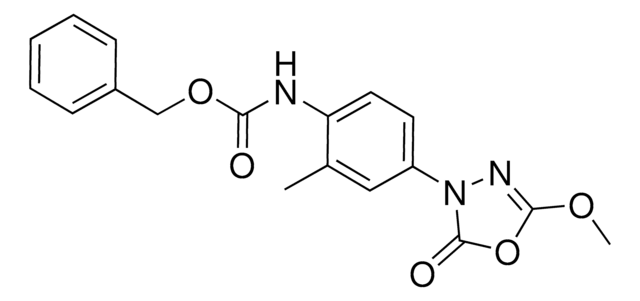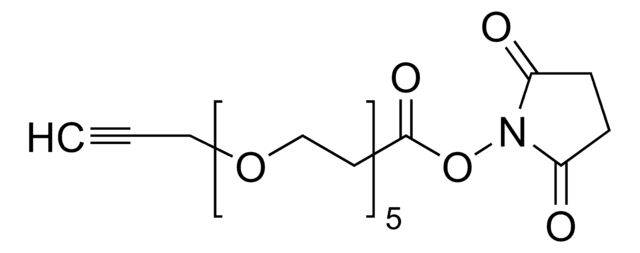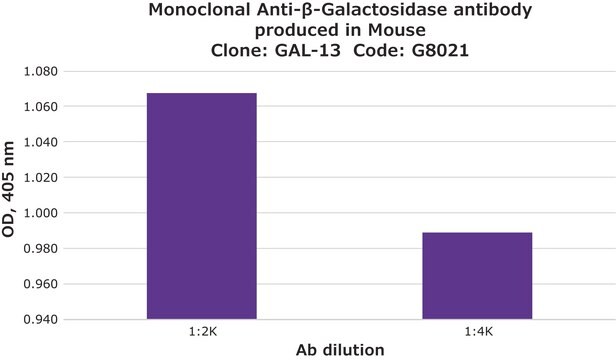F2016
Anti-Goat IgG (whole molecule)–FITC antibody produced in rabbit
affinity isolated antibody, buffered aqueous solution
Sign Into View Organizational & Contract Pricing
All Photos(1)
About This Item
Recommended Products
biological source
rabbit
conjugate
FITC conjugate
antibody form
affinity isolated antibody
antibody product type
secondary antibodies
clone
polyclonal
form
buffered aqueous solution
storage condition
protect from light
technique(s)
indirect immunofluorescence: 1:160 using mouse splenocytes
storage temp.
−20°C
target post-translational modification
unmodified
Looking for similar products? Visit Product Comparison Guide
General description
Binds all goat Igs.
IgG (immunoglobulin G) antibody subtype is the most abundant of serum immunoglobulins of the immune system. It is secreted by B cells and is found in blood and extracellular fluids.
Application
Anti-Goat IgG (whole molecule)-FITC antibody produced in rabbit has been used in immunofluorescence to study the translocation of CXCR4 in human hepatoma cell lines. It has also been used in immunocytochemistry.
Biochem/physiol Actions
IgG antibody subtype is the most abundant of serum immunoglobulins of the immune system. It is secreted by B cells and is found in blood and extracellular fluids and provides protection from infections caused by bacteria, fungi and viruses. Maternal IgG is transferred to fetus through the placenta that is vital for immune defense of the neonate against infections. The coupling of FITC to Anti-Goat IgG (whole molecule) antibody allows for the visualization of protein by fluorescent microscopy.
Other Notes
Antibody adsorbed with human serum proteins.
Physical form
Solution in 0.01 M phosphate buffered saline, pH 7.4, containing 1% bovine serum albumin and 15 mM sodium azide
Preparation Note
Adsorbed to reduce background staining with human samples.
Disclaimer
Unless otherwise stated in our catalog or other company documentation accompanying the product(s), our products are intended for research use only and are not to be used for any other purpose, which includes but is not limited to, unauthorized commercial uses, in vitro diagnostic uses, ex vivo or in vivo therapeutic uses or any type of consumption or application to humans or animals.
Not finding the right product?
Try our Product Selector Tool.
Storage Class
11 - Combustible Solids
wgk_germany
WGK 3
flash_point_f
Not applicable
flash_point_c
Not applicable
Choose from one of the most recent versions:
Already Own This Product?
Find documentation for the products that you have recently purchased in the Document Library.
Lin Song et al.
Stem cells and development, 14(6), 712-721 (2006-01-26)
Much of the knowledge regarding the regulatory pathways for adult stem cell self-renewal and differentiation has been obtained from the results of in vitro cultures. However, it is unclear if adult stem cells are controlled in the same way under
Jeremiah Morrissey et al.
Journal of the American Society of Nephrology : JASN, 11(9), 1681-1690 (2000-08-31)
Analysis of gene expression in a mouse model of unilateral ureteral obstruction (UUO) revealed significant induction of CD14 mRNA in kidneys with obstructed ureters. Immunocytochemical analysis indicated that CD14 was upregulated in tubular epithelial cells and this upregulation was not
C C Schimanski et al.
British journal of cancer, 95(2), 210-217 (2006-07-05)
In different tumour entities, expression of the chemokine receptor 4 (CXCR4) has been linked to tumour dissemination and poor prognosis. Therefore, we evaluated, if the expression of CXCR4 exerts similar effects in human hepatocellular carcinoma (HCC). Expression analysis and functional
C D Gregory et al.
The Journal of general virology, 71 ( Pt 7), 1481-1495 (1990-07-01)
Epstein-Barr virus (EBV)-positive Burkitt's lymphoma (BL) biopsy cells and early passage BL cell lines have been reported as showing an unusual type of virus-cell interaction; at least two EBV latent proteins appear not to be expressed. Serial passage of such
Marta de Almeida Santiago et al.
PloS one, 11(12), e0167669-e0167669 (2016-12-10)
The use of antibodies in immunodiagnostic kits generally implies the conjugation of these proteins with other molecules such as chromophores or fluorochromes. The development of more sensitive quality control procedures than spectrophotometry is essential to assure the use of better
Our team of scientists has experience in all areas of research including Life Science, Material Science, Chemical Synthesis, Chromatography, Analytical and many others.
Contact Technical Service







